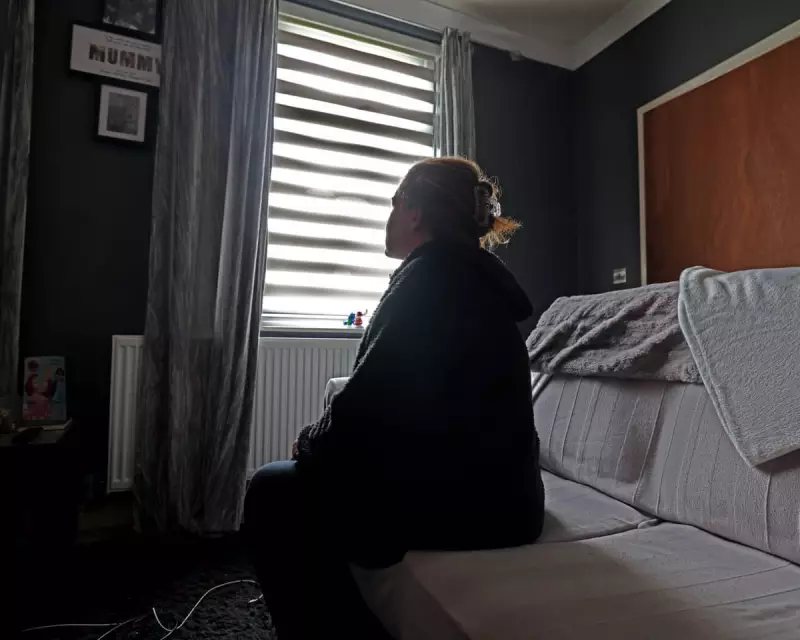
The wife of the man responsible for the Manchester synagogue attack has broken her silence, telling investigators she saw no indications of radicalisation in her husband before the violent incident that shook the community.
In an emotional statement to authorities, the wife of Jihad Al-Shamie described her husband as someone who showed "no signs of extremism" in the days and weeks leading up to the attack. Her testimony has raised crucial questions about how well security services can detect potential threats when even those closest to suspects remain unaware.
A Community in Shock
The attack, which targeted a Manchester synagogue, sent ripples of fear through the city's Jewish community and prompted an immediate security response from counter-terrorism units. Witnesses described scenes of panic as worshippers scrambled to safety during what should have been a peaceful religious gathering.
Local community leaders have expressed both relief that the situation wasn't more severe and concern about the broader implications for religious safety in multicultural British cities.
The Investigation Continues
Counter-terrorism detectives are now piecing together Al-Shamie's recent movements and digital footprint, attempting to understand what might have triggered the attack and whether he acted entirely alone. The investigation focuses on several key areas:
- Potential online radicalisation channels
- Recent contacts and associations
- Financial transactions that might reveal suspicious activity
- Psychological history and mental state assessment
Security sources indicate that while the attack appeared to be isolated, they are treating it with the utmost seriousness given current global tensions and the specific targeting of a religious institution.
Broader Security Implications
This incident comes amid ongoing debates about counter-terrorism strategy in the UK, particularly concerning lone actor attacks where perpetrators show few outward signs of radicalisation. Security experts note that such cases present unique challenges for prevention efforts.
The Manchester case highlights the difficult balance security services must strike between monitoring potential threats and respecting privacy, especially when even family members detect no concerning behaviour.
Community cohesion advocates have called for calm and unity in the wake of the attack, emphasising that such incidents target the very fabric of Britain's diverse society.





